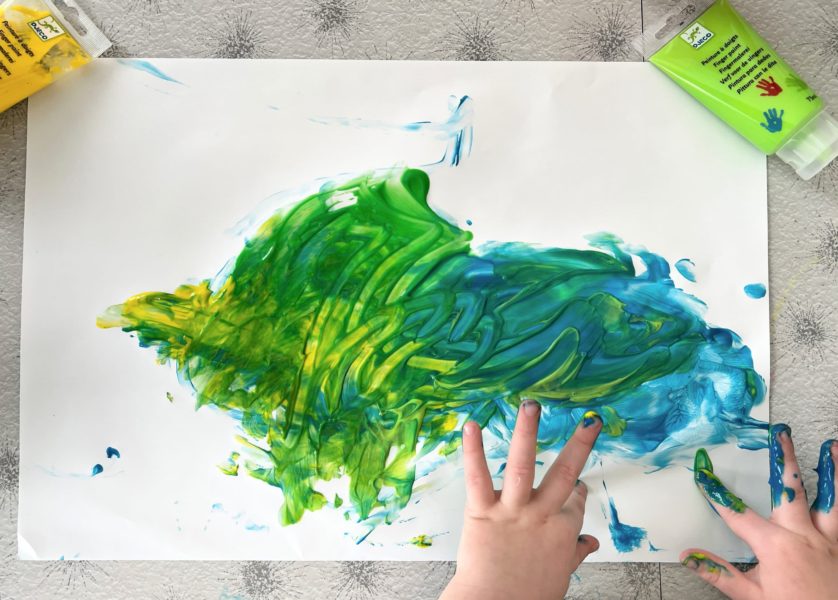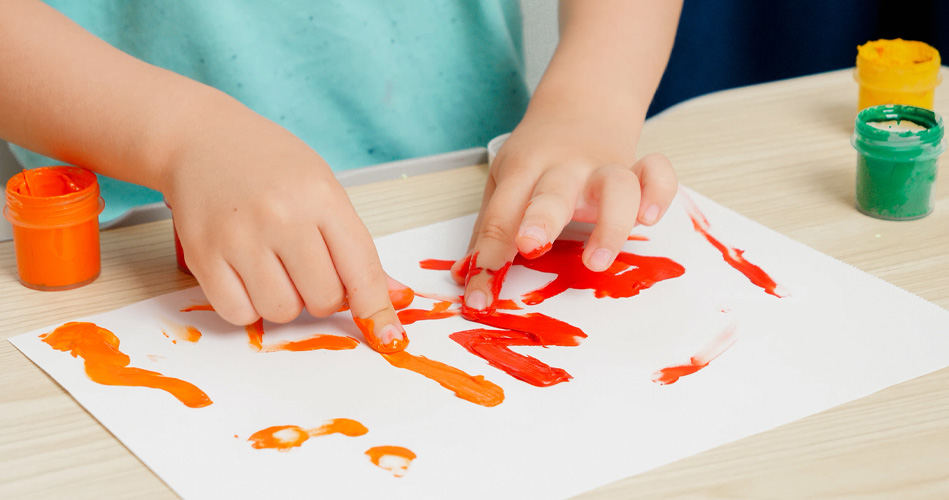Are you an aspiring fingerpainter looking to take your skills to the next level? Whether you’re a beginner or a seasoned artist, improving your fingerpainting technique can help you create more vibrant, eye-catching works of art. Here, I’ll be sharing some tips and tricks that I’ve picked up over the years to help you get better at fingerpainting in no time. You’ll be creating stunning masterpieces in no time!
Buy quality supplies.

If you’re looking to get better at fingerpainting, it’s important to invest in quality supplies. Whether you’re just starting out or already have experience, buying the right materials is essential. Find high-quality paints, brushes, and canvases that will help you express your creativity in the best way possible. With the right supplies, you’ll be able to create stunning masterpieces.
Practice regularly.

If you want to get better at fingerpainting, you should make it a habit to practice regularly. Take a couple of hours out of your week and experiment with different techniques and colors. You could also look for tutorials online or even join a fingerpainting class if you want to take your skills to the next level. Just remember that the only way to become a great fingerpainter is to put in the time and effort.
Look at tutorials.

If you want to take your fingerpainting skills to the next level, one of the best ways to do that is by looking at tutorials. Watching tutorials online is a great way to learn the fundamentals and the more complicated techniques. I’ve been using Youtube to learn fingerpainting and it’s really helped me improve my skills. There’s also lots of websites out there that offer tutorials, and some even have courses you can take!
Experiment with techniques.

Experimenting with techniques is a great way to get better at finger painting. Try to use different brushes and colors, experiment with new techniques like blending and sponging, and even switch up the surfaces you use to paint on. Don’t be afraid to make mistakes, because that’s how you’ll learn and improve your finger painting skills. Practice makes perfect!
Try new colors.

If you want to get better at fingerpainting, try experimenting with some new colors! You don’t have to stick to the same old primary colors, challenge yourself by adding some bright neons or pastels to your painting. You could even try mixing some of the colors together to create your own shades. Don’t be afraid to get creative and have fun with it!
Ask for feedback.

Getting feedback is a great way to get better at fingerpainting. Seek out opinions from friends and family and don’t be afraid to get constructive criticism. Ask teachers or art mentors for advice and join a fingerpainting club or community to get tips from more experienced painters. Even if it’s not all positive, the feedback can help you to improve your skills.




